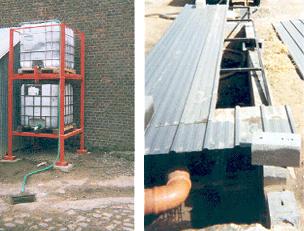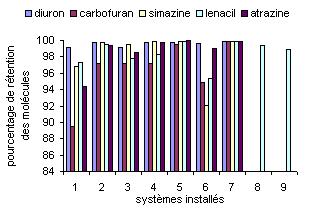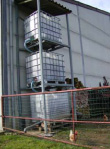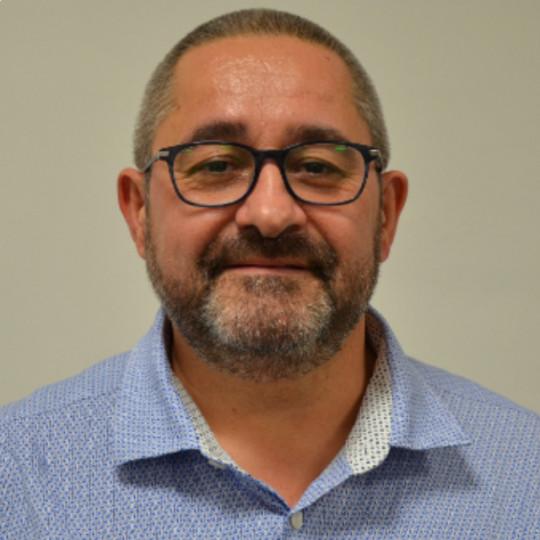Context
In 1998-1999, while studying a small catchment basin in Belgium, the Veterinary and Agricultural Chemical Study and Research Centre discovered that the main source of pesticide pollution of surface water is not pesticide losses from the field but in fact losses occurring during sprayer filling and rinsing at the farm, also called one-off losses. This prompted the launch of a four-year pilot project involving all the farmers in the basin aimed at minimising the impact of such one-off losses by ensuring that users adhere to good phytosanitary practices. The finding upon completion of the project was that surface water pollution by pesticides can be cut by around 65 to 80% according to the active ingredients, but nevertheless, despite this drastic reduction in pollution, one-off losses are still the chief source of pesticides entering surface water.Objectives
his project aims to develop systems for collecting and treating pesticide-laden water in order to limit pesticide pollution of surface water and groundwater.The various systems are based on the filtering capacity of soil and the physico-chemical properties of the active ingredients. The experimental systems set up comprise a substrate made from 50% chopped straw, 25% vegetable mould and 25% earth taken from a plot on the farm.
Results obtained
Partial results and prospectsThis project was launched two years ago by the Tervuren Veterinary and Agricultural Chemical Study and Research Centre (Cerva). At the time Cerva had installed seven biofilters and two Phytobacs. The systems installed at the time were tested with four herbicides (atrazine, simazine, lenacil and diuron) and one insecticide (carbofuran) with about 90% (89.54%) active ingredient adsorption by the organic substrates in all cases.
The current aims of the project are firstly, to check the operation of the active ingredient biodegradation process in the organic substrate and secondly, to test the different systems that were installed by CERVA with fungicides and insecticides and also with new-generation herbicides such as sulfonylurea herbicides.
In parallel to this work CRA-W has also installed some new biofilters to test the effectiveness of new substrates and compare their effectiveness with the conventional substrate. Two biofilters have also been installed at non-agricultural sites.
The longer-term project prospects are the final development of purification systems for pesticide-laden water at the site of origin (farm or municipal workshop, for instance). An installation specification will also be drafted.
Partners
This project was originally instigated by CERVA, the Veterinary and Agricultural Chemical Study and Research Centre, at Tervuren. Following reorganisation of its research work, CERVA was then obliged to give up the study. CRA W was keen to continue the research in order to build on the knowledge gained and indeed develop the systems for large-scale use.Funding
- SPGE - Société Publique de Gestion de l'Eau
- Phytofar
- DGARNE
- SPF Public Health






